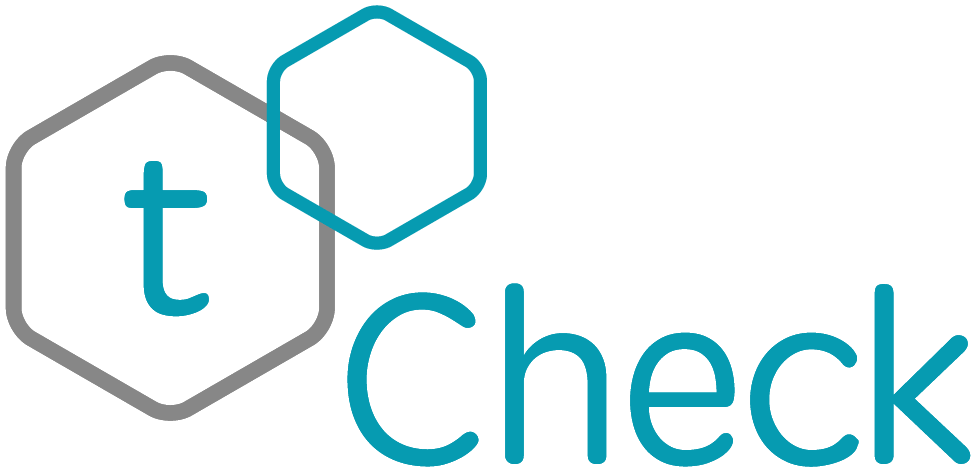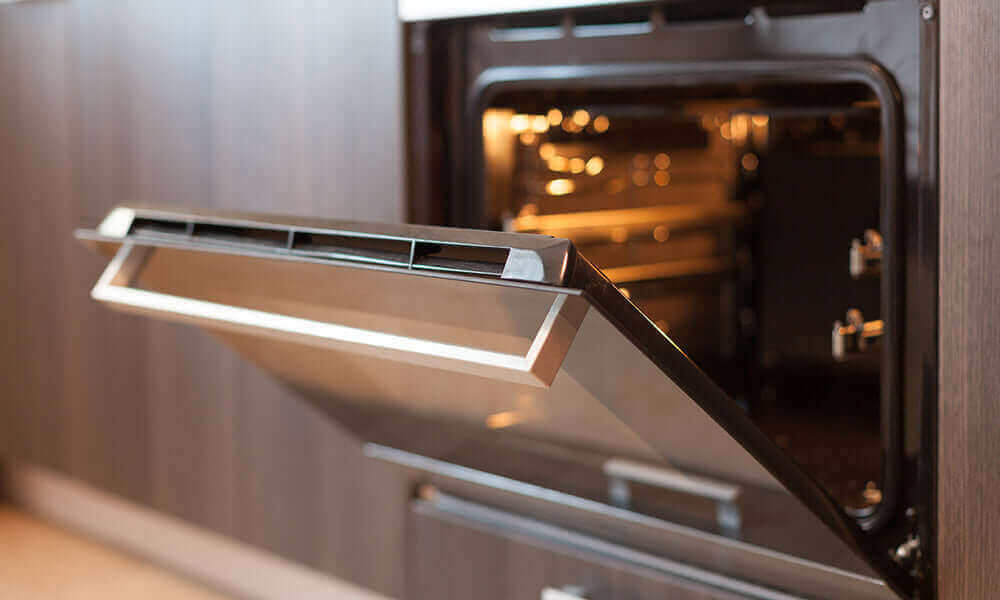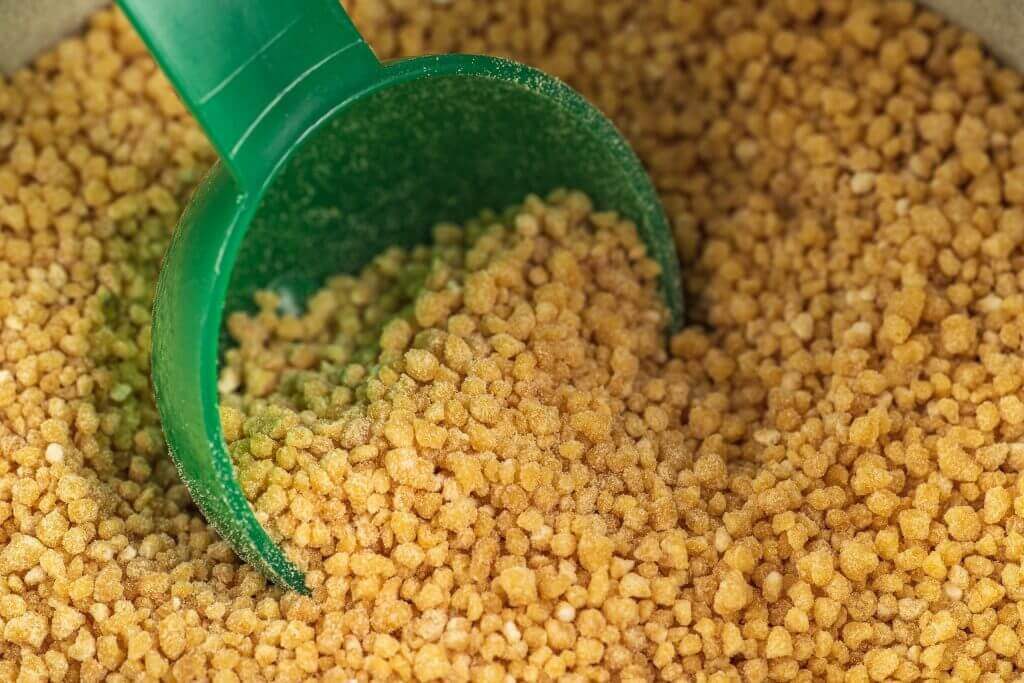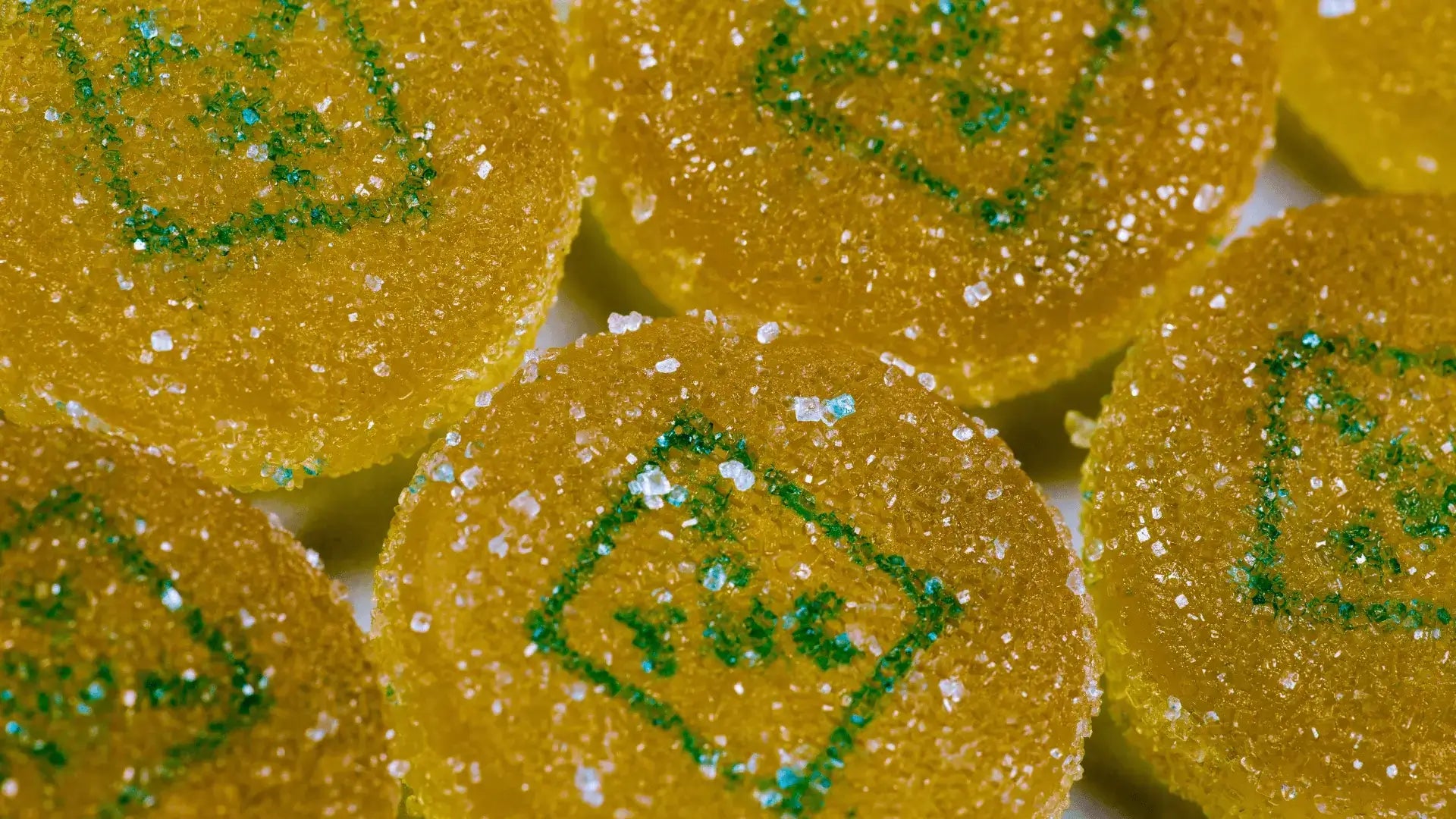If you're planning on infusing anything, you need to be hip to decarboxylation. Before you get to baking sweet treats, raw flower must be made-- "infuse-able". Let's dive deep into the term and the process.
Decarbing Defined – The What, Why, and How of Decarboxylation
- What is decarboxylation (decarbing)?
- How do I decarb?
- Do I need to decarb?
What is decarboxylation?
Decarboxylating, or decarbing, is the process of heating cannabis in order to change THCa or CBDa into THC or CBD. You may sometimes see people using the term “activating” instead of “decarboxylating”. Just like baking a cake, time and temperature matters when decarbing. The generally accepted industry standard for decarbing is based on a study published in 1990, then updated in 2016 in Cannabis and Cannabinoid Research.
Do I need to decarb?
Underwhelmingly, the answer is that it depends. Each cannabinoid has its own unique interaction with your body. Depending on your desired effect, you would choose the desired cannabinoid. Once you have the desired cannabinoid, you choose the plant strain and processing method.
The two most common or popular cannabinoids are THC and CBD. (THC is the one that produces the strongest psychoactive effects) THC and CBD are actually only produced in trace amounts in the cannabis or hemp plants. BTW, for simplicity and purposes of this discussion, we will define the cannabis plant as those varieties that predominantly produce THCa or THC while hemp is defined as those varieties that predominantly produce CBDa or CBD. Anyhow, cannabis and hemp plants mainly produce THCa and CBDa. Note that THCa is not psychoactive. If you want THC or CBD, then you must transform the THCa into THC or transform the CBDa into CBD through a process called decarboxylation.
The act of vaping or smoking cannabis or hemp will generally decarb. However, if you are using cannabis infused oils for making edibles or topicals, it is important to decarb before you make your infusion because the cooking or baking process is generally not long enough to decarb. Additionally, when you mix the infused oil in with other ingredients such as flour or sugar, the other ingredients will absorb heat energy, requiring additional decarb time.
Ways to decarb
The most important factors to decarbing are time and temperature. There are a number of devices on the market that can help you with that. If you don’t have one of these gadgets, we recommend simply using an oven. Roughly break up your plant material and place it on parchment or foil for easy cleaning afterwards. Grinding is not necessary. Then place it into your oven for the prescribed time at the prescribed temperature.
There are a few important things to remember here:
- Check the temperature of your oven with a thermometer. Oven thermostats are notoriously inaccurate.
- The decarb time starts when the plant material reaches the desired temperature, not when you place the material into the oven. If you use a thicker pan that takes extra time to warm up, adjust the time accordingly. In general, it doesn’t hurt to over decarb a bit.
- If you decarb in a mason jar (very good idea), be sure to add time to your process to account for the time it takes to heat up the jar itself. We recommend putting a wired thermal probe into the plant material to accurately measure the temperature of the material. Side note: we sometimes run 4 jars at a time and it can take 20 minutes to bring the plant material up to temperature.

Here is a picture a picture of before and after decarbing. After decarbing, your material should appear a nice golden color.

If you are concerned about the smell, seal your mason jars in foil or wrap your botanicals in an aluminum pouch. This will reduce the smell dramatically.
How to decarb THCa into THC
The following graph shows the percentage of your cannabis that has been decarbed. The x-axis represents time and the y-axis is the percentage that has been converted from THCa to THC. Each of the colored lines are different temperatures. Note that the temperature is the temperature of the material. If you use a heavy tempered 9x13 glass pan, it will take some time to heat up that pan so you’ll have adjust your time appropriately.

You can see here that the higher the temperature, the faster you’ll get to 100% or complete decarboxylation.
So, a few things to note here in the graph:
- If you heat the cannabis at 176°F, you will never achieve complete decarboxylation
- If you heat the cannabis at 266°F, you’ll be fully decarbed in about 10 minutes
THC boils at 311°F so stay below this temperature to ensure that you don’t over decarb your plant material and evaporate off all of the THC. Note that several terpenes boil below 311°F so you will lose these during THC decarboxylation. [3] Terpenes are those compounds that give cannabis and hemp their distinctive smell.
How to decarb CBDa into CBD
Here is the time & temperature graph for decarbing CBDa into CBD.

You can see that there are several differences right away:
- It takes more energy to decarb CBDa into CBD. For example, at 266°F, it takes about twice as long to fully decarb CBD.
CBD boils at 329°F so stay below this temperature to ensure the strongest possible outcome. Also, because CBD requires a higher decarb temperature, you will lose more terpenes.
Over decarboxylation
Over time, THC will convert to CBN through oxidation. [4] CBN is generally recognized as having properties to help sleep. In our experiments, we’ve found that this THC to CBN conversion process is extremely slow. A sample was over decarboxylated for an additional 40 minutes at 250°F and resulted in approximately 0.1% conversion from THCa -> THC -> CBN.
TL;DR
- To decarb THCa rich cannabis into THC, bake at 230°F for 45-50 minutes
- To decarb CBDa dominant hemp into CBD, bake at 266°F for 25-30 minutes
- Make sure your oven temperature is accurate and add 5 or 10 minutes extra if you are using glass or a heavy cookie sheet to allow time for the cookie sheet to heat up.
Ditch the guesswork with a tCheck THC potency tester
Looking to test the potency of your freshly decarbed flower? Check out tCheck's award-winning THC & CBD potency tester. Get fast and accurate results from the comfort of your own home. Take the guesswork out of your cannabis experience and become the head scientist of your very own mini cannabis lab.






